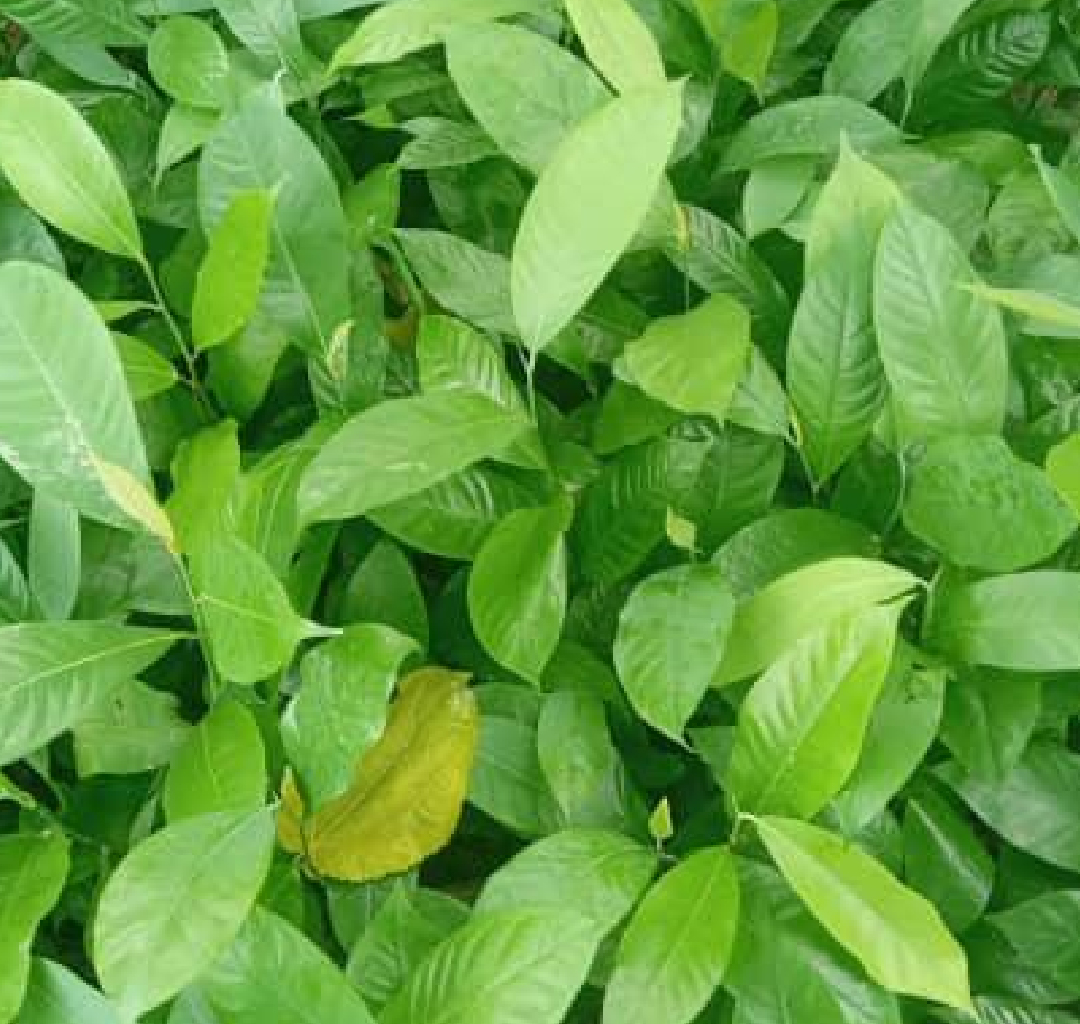Call anytime
Send email
Our Locations
Lagos & Ondo State.
₦2,300.00
Ogbono Avenger Seedlings offer farmers a high-yield, profitable crop known for its nutritional and culinary versatility. Derived from the African wild mango, Ogbono is prized for its seeds, which are used in popular West African dishes for their unique thickening properties and rich flavor.
Ogbono Avenger Seedlings offer farmers a high-yield, profitable crop known for its nutritional and culinary versatility. Derived from the African wild mango, Ogbono is prized for its seeds, which are used in popular West African dishes for their unique thickening properties and rich flavor.
Key Features:
Benefits:
Ogbono Avenger Seedlings are a valuable addition for farmers looking to enter high-value agricultural markets. With strong culinary demand, nutritional appeal, and sustainable growth, these seedlings provide a profitable and enduring agricultural opportunity.
